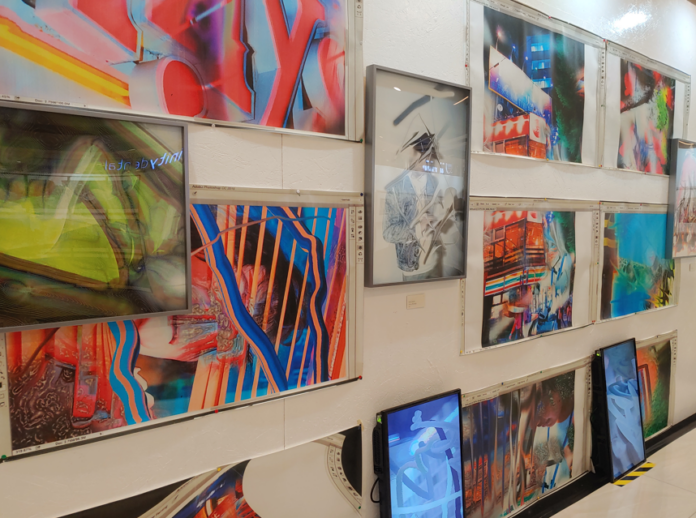‘Tokyo Before/After’ captures Japan’s changing capital
Visitors to Estancia Mall in Pasig City are getting a rare glimpse into Tokyo’s transformation across decades, thanks to Tokyo Before/After, a traveling photography exhibition organized by The Japan Foundation, Manila.

Launched on May 16, the exhibit presents more than 80 photographs that showcase the stark contrast between Tokyo in the 1930s–1940s and the metropolis as it evolved after 2010.
The visual narrative captures the pulse of a city shaped by history, resilience, and rapid reinvention.

The opening night was attended by the Ambassador of Japan to the Philippines, Endo Kazuya, and Madame Endo Akiko.
In his remarks, Ambassador Kazuya described the exhibition as a bridge between eras.
“From the cultural to the historical, we follow these artists’ works as they take us to a place where both past and present can converge, inspire, and delight,” he said.

Through black-and-white stills of prewar neighborhoods to color-saturated images of neon-lit streets, the exhibit highlights Tokyo’s shifts in architecture, identity, and atmosphere.
But beyond the aesthetic, the photographs invite viewers to reflect on the enduring human spirit behind these changes.

the exhibit
Ambassador Kazuya also drew a parallel between the Japanese capital and cities in the Philippines.
“Much like a Philippine city, Tokyo is a city that’s as alive and changing as the people that inhabit its charming confines,” he said, noting the value of cultural exchange in deepening appreciation for both shared and unique experiences of urban life.
The exhibit is part of The Japan Foundation’s ongoing effort to promote cultural dialogue between Japan and the Philippines.
Past iterations of Tokyo Before/After have toured various cities in Asia, but this is the first time it is being staged in a public mall space in Metro Manila.
Located on the 3rd Floor of Estancia Mall, the exhibit runs until July 31 and is open to the public free of charge.
For casual mallgoers and photography enthusiasts alike, Tokyo Before/After offers more than just snapshots of a city—it presents a living archive of Tokyo’s past, its future, and everything in between.









